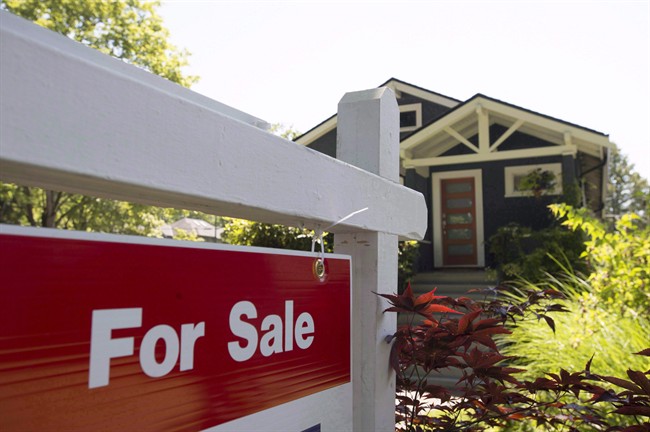Vancouver’s empty home tax is moving one step closer to reality.

On Tuesday, the City announced it is going ahead with public consultation on the proposed tax despite staunch opposition from three councillors from the centre-right Non-Partisan Association.
In addition to the decision to start asking Vancouverites what they think, it was decided the proposed empty homes tax will also apply to secondary properties being used exclusively as Airbnb short-term rentals, with the maximum fine for people who evade the levy set at $10,000.
Robertson said $10,000 is the maximum fine the City can impose under its charter, but it will consider a combination of the fine plus a higher tax rate for people who fail to self-declare or fraudulently declare.
In June, Vancouver Mayor Gregor Robertson said the empty home tax will target secondary properties used as a business holding that could potentially be in the rental market. A principal residence by owner, tenant or licensee will not be subject to empty homes tax. It will be up to the owners to declare their principal residence to the city.
This empty homes tax will be the first in Canada and it is estimated it could generate two million dollars in revenue. But Robertson said the goal of this tax would be to bring rental vacancy rates up, not to generate revenue.
With a vacancy rate near zero, adding the current vacant homes to the market would potentially bring the vacancy rate up to three per cent, which is still on the lower end of what is considered “healthy” for a city the size of Vancouver.
A tweet from the mayor’s office today poses the idea of reducing or cancelling the city’s new empty home tax entirely — if the vacancy rate returns to levels of three to five per cent.
Robertson has said numerous times in the past that he wants houses in the city to be homes, not merely investments.
“The main goal of the Empty Homes Tax is to put homes back into the rental market, at a time when Vancouver’s dangerously low vacancy rate is putting renters in crisis,” Robertson said in a statement.
“Ultimately, the City’s proposed empty homes tax will affect a very small number of people using Vancouver’s 10,000+ empty and underutilized homes as business holdings; with near-zero rental vacancy and skyrocketing house prices, the City needs to take action on bringing these empty homes back into the rental market, helping to ensure the best use of all our housing.”
The tax rate, which is set to go into effect in 2017, could be between 0.5 and two per cent, based on community consultation.
All homeowners will get a letter with details on the tax and how to participate in the public consultation process; which will also include a series of open houses in Vancouver and an online survey for homeowners who are unable to attend in person.
In a statement, the City said it “understands there are many different scenarios that may cause a home to remain empty for a long period of time” and that through this consultation process they “hope to learn more from the public about various situations to determine what exemptions may be appropriate.”
The provincial government said in June it supports a vacant homes tax in Vancouver, but the time needed to put the legislation into effect will likely take until 2018, which is at least a year later than the timeline the City of Vancouver has proposed.
B.C. Finance Minister Mike De Jong said the city’s deadline poses “some real challenges” but the province is committed to the idea, largely in order to increase Vancouver’s rental supply.
The public consultation is planned for this fall.
~ with files from Amy Judd and Canadian Press




Comments